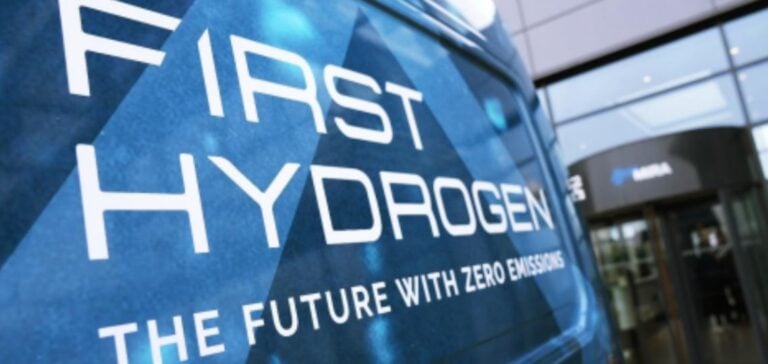First Hydrogen Corp. has completed a promising trial of its hydrogen fuel cell vehicle (HEV) with Amazon in London. The trial covered 535 km delivering 3,462 parcels with 1,547 stops, demonstrating the effectiveness of this technology under real delivery conditions. Amazon confirmed the VÉPAC’s performance during work sessions lasting 8 to 10 hours, including frequent stops. Telematics data analyzed by Amazon’s data science team revealed that the VÉPAC can achieve a projected range of 397 km under these conditions. First Hydrogen’s engineers estimate that this range can be improved to over 450 km with further optimization. Innovations combining mobility and hydrogen are also multiplying in the UK, as demonstrated by Ineos’ 4X4 hydrogen project.
Analysis and Technical Improvements
Driver behavior provided essential data for assessing fuel efficiency and energy recovery. The information obtained was used to compare the performance of PEVs with that of battery-electric vehicles and internal combustion engines. Thanks to these tests, several improvements are envisaged:
- Predictive software: to manage energy, optimize power distribution and analyze driving cycles to suggest the best routes.
- Pedal controller adjustment: Adjustments to optimize efficiency according to different riding parameters.
- New Operating Mode: Reduce auxiliary power consumption and automatically switch off the vehicle after a certain amount of downtime to reduce energy consumption.
Future prospects
On the strength of this success, First Hydrogen plans to extend its trials to Europe and North America. This expansion aims to further demonstrate the benefits of their Hydrogen as a Service (HASS) model through strategic partnerships. Future enhancements and expanded testing should strengthen First Hydrogen’s position in the zero-emission commercial vehicle market.
By continuing to innovate, First Hydrogen is positioning itself as a key player in the transition to more sustainable, environmentally-friendly transport solutions.






















